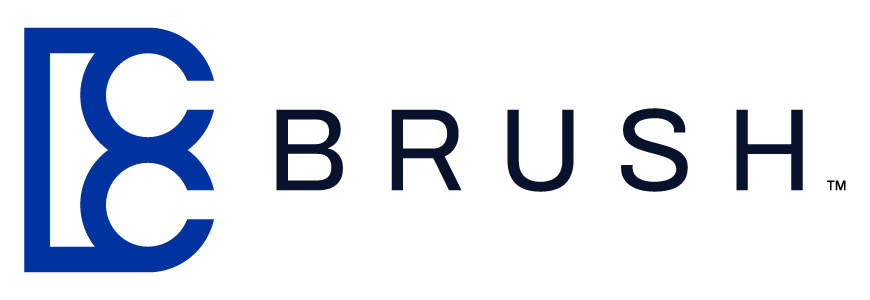Combatting Labor Shortages in the Insurance Industry
The insurance industry plays a critical role in safeguarding policyholders’ homes and assets, providing peace of mind to millions of individuals and businesses. However, the industry faces a growing challenge: a labor shortage that threatens its ability to meet the demands of policyholders effectively.
As the insurance sector grapples with this issue, it is essential to explore strategies to combat labor shortages and ensure a robust future for the industry. In this blog, we will highlight the top challenges facing the industry today, along with four tips to help insurance professionals overcome labor shortages and thrive in a competitive landscape.
Why Is There a Labor Shortage in the Insurance Industry?
Last year, the insurance sector placed second-to-last in national industry rankings for recruiting new talent. The labor shortage is a result of various factors, including generational turnover, a lack of specialized skills, insufficient mentorship and internship programs, and strain on the existing workforce. Expanding upon these challenges reveals potential long-term consequences for the industry:
- Generational Turnover: As the baby boomer generation retires, a substantial portion of the insurance workforce is leaving the field. This departure creates a gap in experienced professionals that is challenging to fill, as newer generations may have different career aspirations and expectations.
- Skill Shortage: The labor shortage is further compounded by a skill shortage, particularly in roles like claims processing. Many insurance roles have a relatively low barrier to entry, making it easier for individuals to start their careers in the industry. However, this can lead to a shortage of experienced professionals who possess specialized skills and knowledge to handle complex insurance processes effectively.
- Lack of Mentorship/Internship/Recruiting Programs: Another crucial aspect is the industry’s failure to establish robust mentorship, internship and recruiting programs. These initiatives are essential for attracting and nurturing new talent. Without proper mentorship and internship opportunities, young professionals may not have a clear path to enter and grow within the industry.
- Strain on Existing Workforce and Burnout: The shortage of skilled workers places a heavy burden on the existing workforce. Employees are often required to take on additional responsibilities, handle more significant workloads, and work longer hours to compensate for the lack of manpower. This strain can lead to burnout, decreased job satisfaction, and ultimately, more professionals leaving the industry.
Solutions to Overcome Labor Shortages in the Industry
Addressing the insurance industry labor shortage requires a multi-faceted approach, including efforts to attract and retain new talent, improve skill development and training programs, and promote a healthier work-life balance for current employees. Here are four ways the industry can work to attract and retain new talent:
- Augment Workforce Through Automation and Technology: By automating routine and time-consuming tasks, companies in the insurance industry can optimize their operations, reduce dependency on manual labor, and enhance efficiency. This not only helps in managing the existing workforce better but also improves the overall customer experience. Data and technology coupled together can create powerful solutions of automation for simple and routine claims, allowing employees to focus on fulfilling and impactful tasks. From claims processing to underwriting, embracing cutting-edge technology can significantly reduce the strain on human resources and streamline operations.
- Coordinate Industry-Wide Recruitment Initiatives: To attract fresh talent, the insurance industry should collaborate and embark on holistic recruitment efforts. Awareness campaigns, mentorship programs and internship opportunities can make insurance more appealing to young professionals. Establishing strong connections with educational institutions will also create a pipeline of potential candidates. Additionally, the adoption of remote and flexible work arrangements opens up a larger pool of resources when not restricted to hiring in a specific geographic area. While remote workforces come with their own set of challenges, having remote opportunities can strongly benefit companies so long as they integrate processes that measure the impact of those employees.
- Promote Insurance Career Paths Through Upskill Programs: Young professionals today are more likely to commit to an industry if they can see a clear path to growth and development. Companies in the insurance industry should establish well-defined career trajectories and promote these paths through upskilling programs. These programs can help employees acquire new skills and competencies that align with evolving industry demands. By empowering employees to advance in their careers, companies can reduce turnover rates and enhance job satisfaction.
- Develop Strategic Partnerships: Strategic partnerships offer a dynamic solution to combat labor shortages and enhance processes and operations. Technology partners offer innovative solutions that enhance operational efficiency and reduce the need for additional employees in routine tasks. Meanwhile, service providers provide scalability and specialized expertise, helping insurers manage fluctuations in workforce demands. By embracing these partnerships, insurance companies can maintain high standards of service and competitiveness while mitigating the impact of labor shortages.
While the labor shortage in the insurance industry continues to pose a challenge, it can be overcome through innovation and collaboration. It’s time for the industry to adapt, evolve and ensure its continued ability to protect and serve the needs of individuals and businesses around the world.
At Brush Claims, we are prioritizing talent retention through the creation of an incredible company culture. Upskilling and development opportunities for existing high performing employees are current focuses, as well as building upon skill sets for administrative and financial employees with the goal of getting them licensed. Companies in the insurance industry also need to think outside the box to recruit outstanding talent outside of the insurance space (i.e. students graduating in construction management, retiring police officers or EMTs, transitioning military veterans, etc.). By reframing the narrative about what the insurance industry is, companies can attract a younger workforce who are passionate about the work they do, give back through efforts of their own, and support their communities.
For more insurtech industry insights, be sure to visit our LinkedIn, Facebook, Twitter and Instagram channels.




